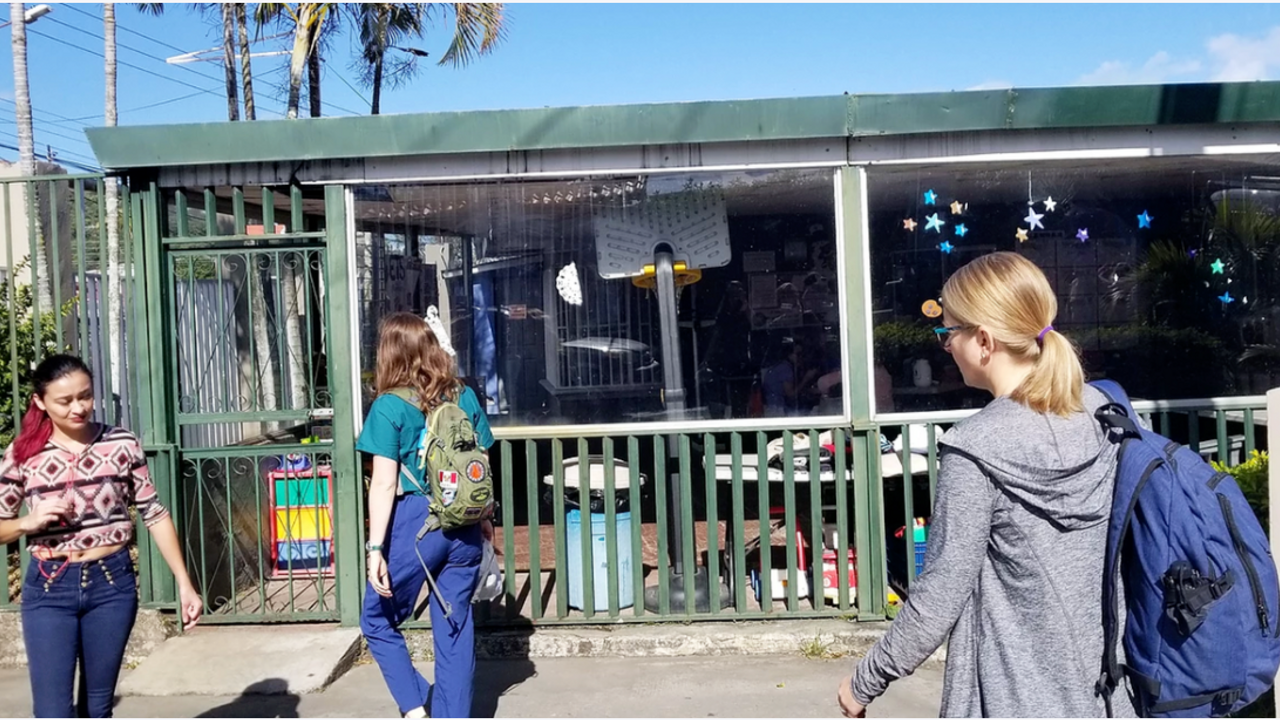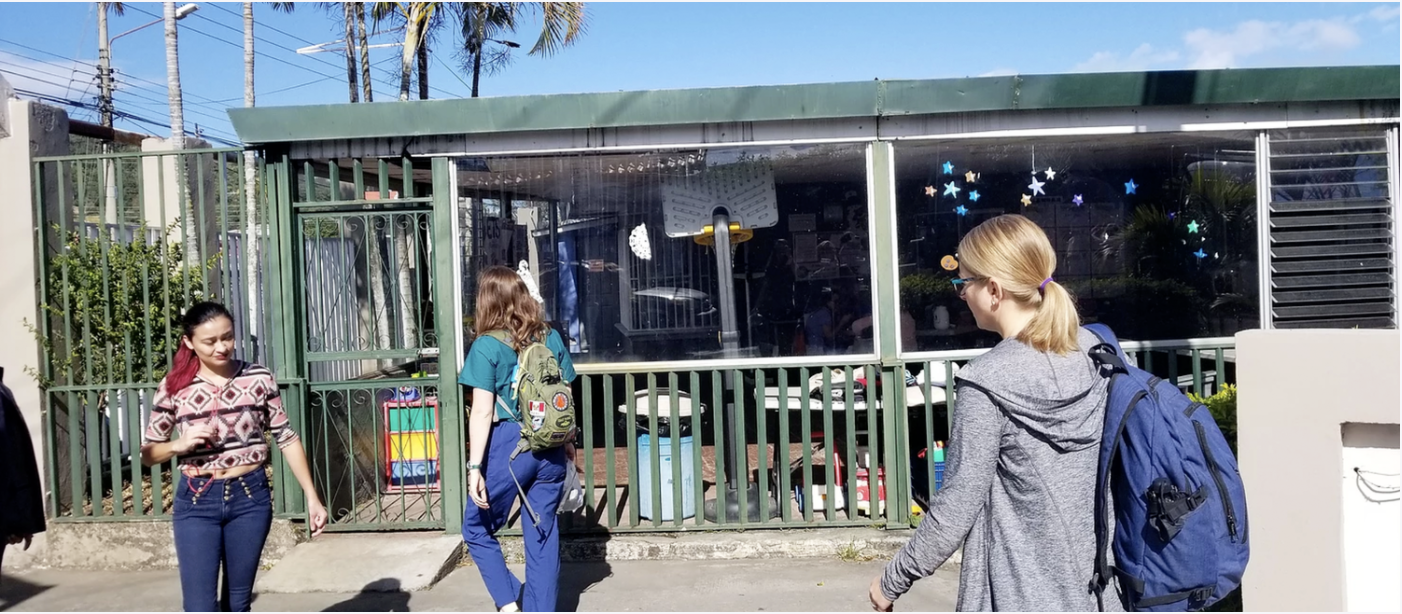
Undergraduate and Graduate Student Volunteers Bring Invaluable Skills and Perspectives to Global Health Programs
Mar 25, 2019Jessica Southern recently transitioned to a new role as Key Relations Manager at FIMRC HQ after spending more than seven years as Field Operations Manager at Project Limón, Nicaragua. Jessica is sharing her insights on the value of partnerships since she took on this new role.

Partners are essential to FIMRC’s mission to improve access to healthcare for children and families around the world. Each partner brings unique perspectives, skill sets, and experiences to our sites, enriching our staff, other volunteers, and the communities we serve, especially the amazing undergraduate and graduate students who volunteer at our sites
Earlier this winter, FIMRC partnered with Michigan State University’s Leadership in Medicine for the Underserved (LMU) program. Sixteen third- and fourth-year medical students volunteered across five of our sites: Costa Rica, India, Uganda, Ecuador, and Peru as part of our Comparative Healthcare Immersion Rotation Program (CHIRP).
Thanks to regular updates via LMU’s blog we have been able to learn about the students’ varied experiences. For example, as Jessica Martin, a CHIRP volunteer in Costa Rica found, working at a site with many other volunteers gave her group “an opportunity to mentor and answer questions about medical school, and also teach medical skills during patient encounters.”

The group in Huancayo, Peru learned first hand the struggles of project development and discovered that addressing community needs often requires analysis and flexibility.
“We found that many of the moms [in the community] were worried about the hygiene of the children, their behavior problems and lack of academic achievement. We were hoping to find habits that we could easily change like brushing teeth, washing hands, recycling, but instead, we found that the actual needs of the site were more abstract concepts that would be harder to quantify and combat. We are hoping to fine-tune our plan for the overall curriculum and individual lessons. Helen and I started researching techniques for behavior management and how to get children to focus on academics. This will certainly be an ongoing process, but we hope that our efforts will have an overall positive outcome on the yearlong program,” said Maria Bule.

LMU volunteers at Project Bududa, Uganda took the concept of ethical volunteerism to heart during their time on site, as Kevin Johnston explained, “for a service learning trip to be ethical, it must be sustainable. Volunteers should be present merely to enhance the work of a project that exists with or without them. The project should be locally-driven and led by the communities they’re serving.”
Despite these different CHIRP experiences, one common theme emerged: all the students were able to immerse themselves in the communities and healthcare systems they were serving and will take the lessons they learned during their time with FIMRC with them throughout their medical careers.

Undergraduate students also make a tremendous impact at our sites. We are looking forward to many undergraduate student groups spending their spring breaks volunteering with us, such as the University of Alabama’s Alternative Breaks group, “Beyond Bama.” Students traveled to Costa Rica and the Dominican Republic for a week, volunteering at local health clinics, conducting community outreach, and leading youth empowerment groups.

We are also excited to see many undergraduate and graduate students take advantage of our extended summer travel opportunities through our Summer International Health Fellowship (SIHF) program. The SIHF program is especially close to my heart because these volunteers were so important to our work during my time in Nicaragua. One group that stands out in my memory is the Morehead Cain Scholar program. These students always make the most of their time on site, learning as much as they can while making a lasting contribution through the development of quality improvement programs and sustainable projects.
Here at FIMRC HQ, we can’t wait to see what the spring and summer have in store for our many student volunteers. We know their positive impact will be felt in the communities for many years to come and we hope that their experiences with FIMRC will continue to guide and influence their lives. It is a privilege to work with our many different partners, especially colleges and universities. I look forward to growing our community of student volunteers and seeing the work they do at all of our sites. Thank you to all of you for the hard work that you put in so far this year!
No matter your background, you can make a lasting impact. Find the right volunteer program for you.
Want your questions on volunteering abroad answered quicker? Book a quick call with our team!
Stay connected with news and updates!
Join our mailing list to receive the latest news and updates from our team.
Don't worry, your information will not be shared.
We hate SPAM. We will never sell your information, for any reason.

